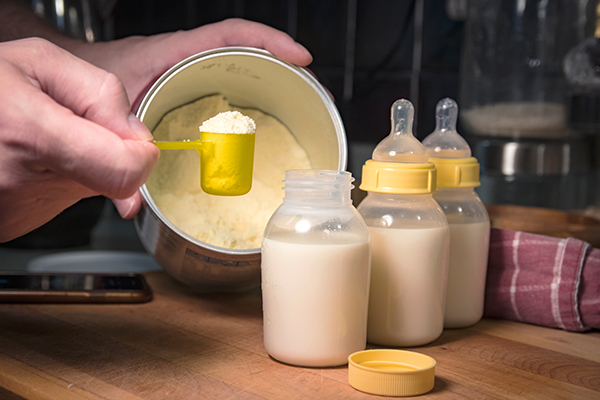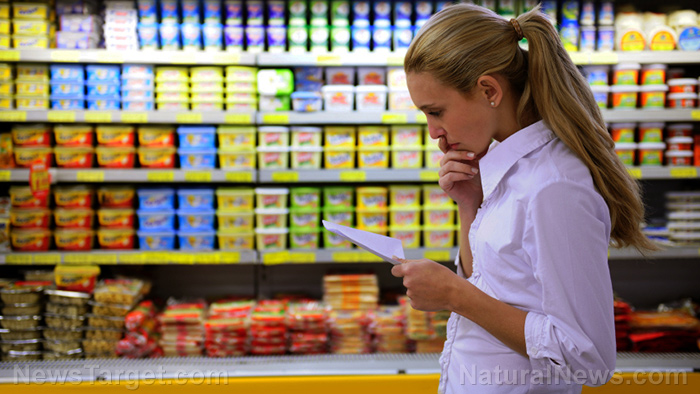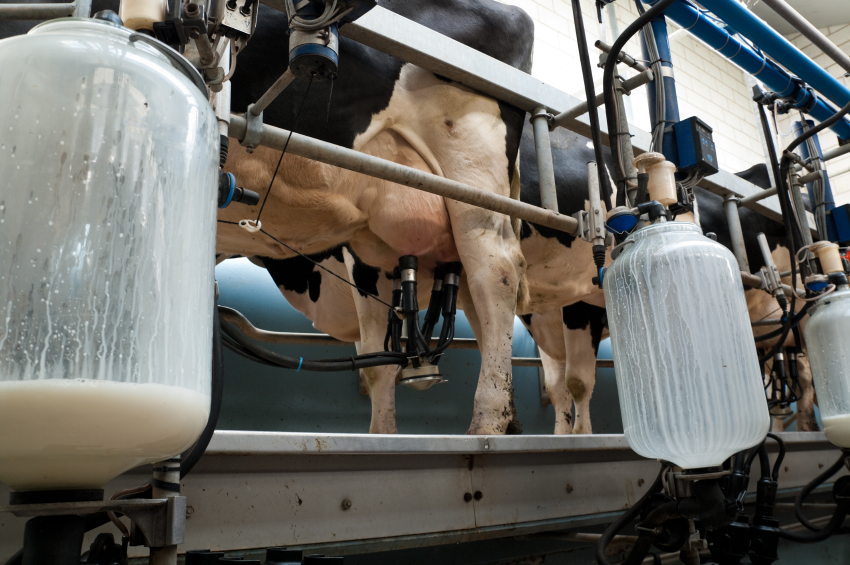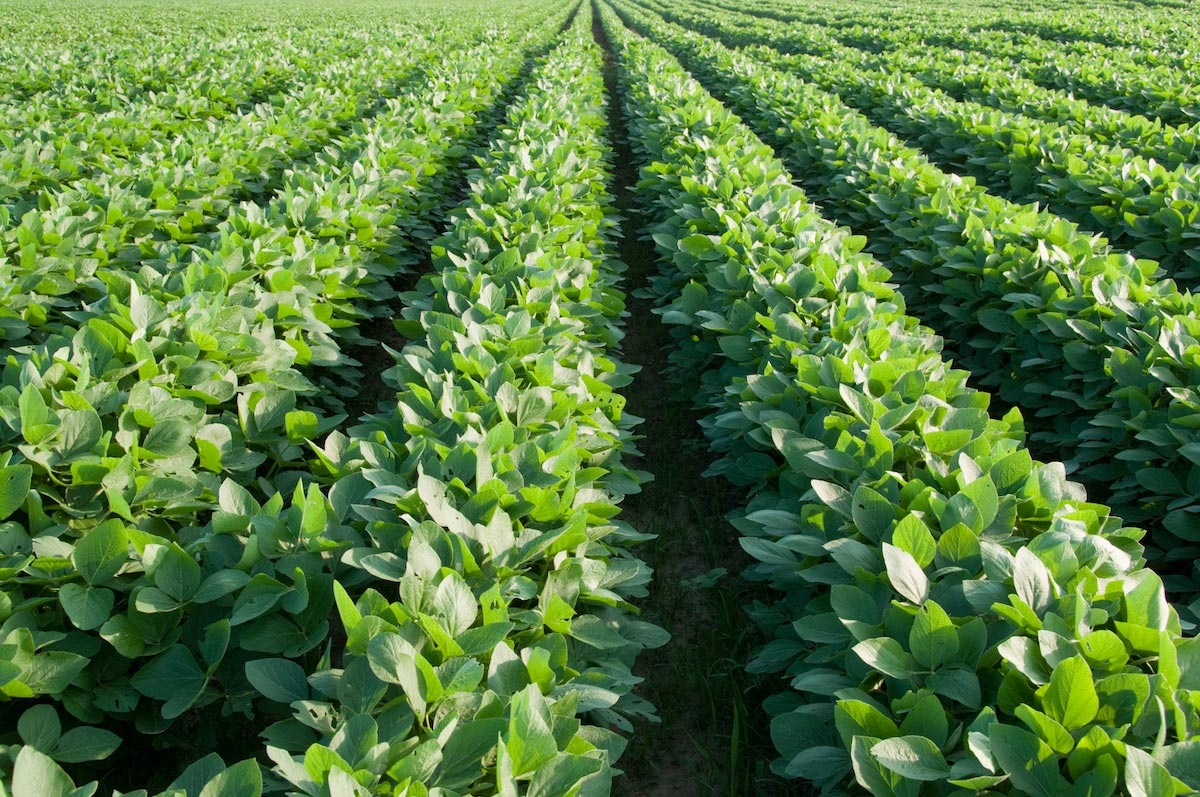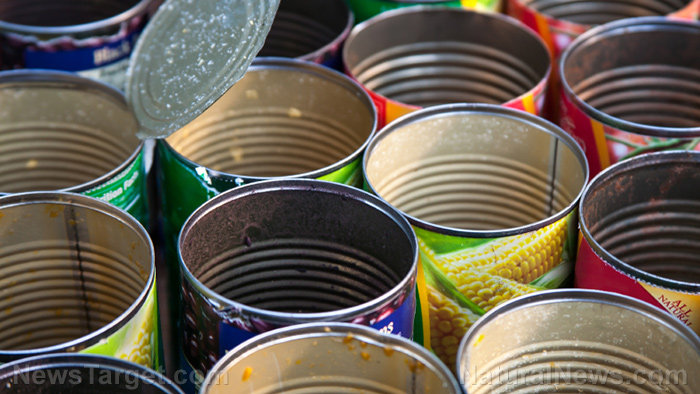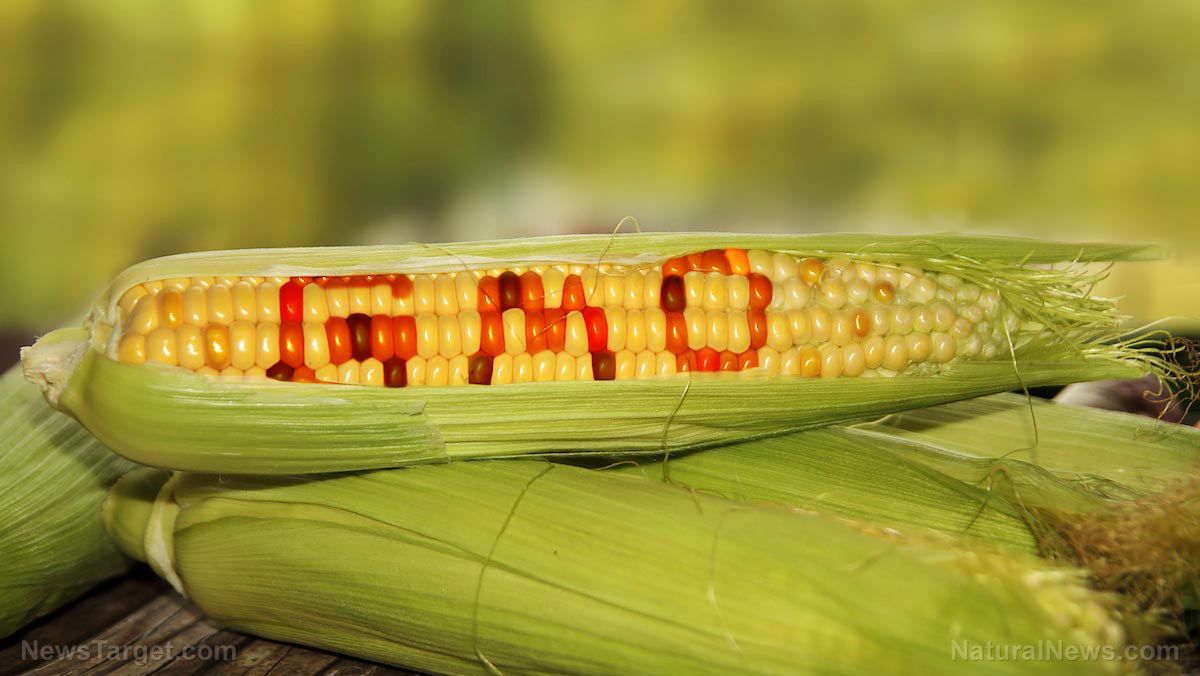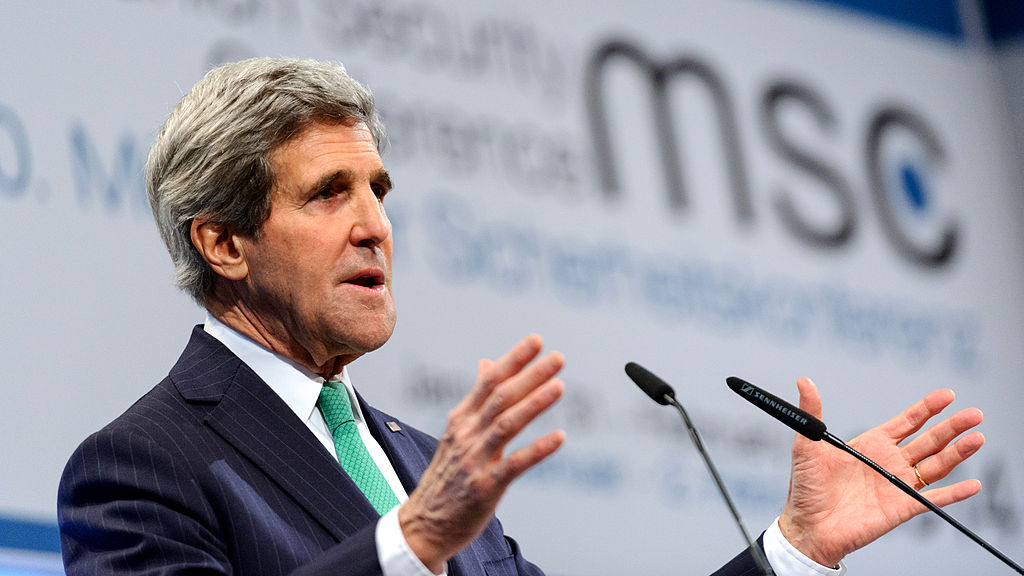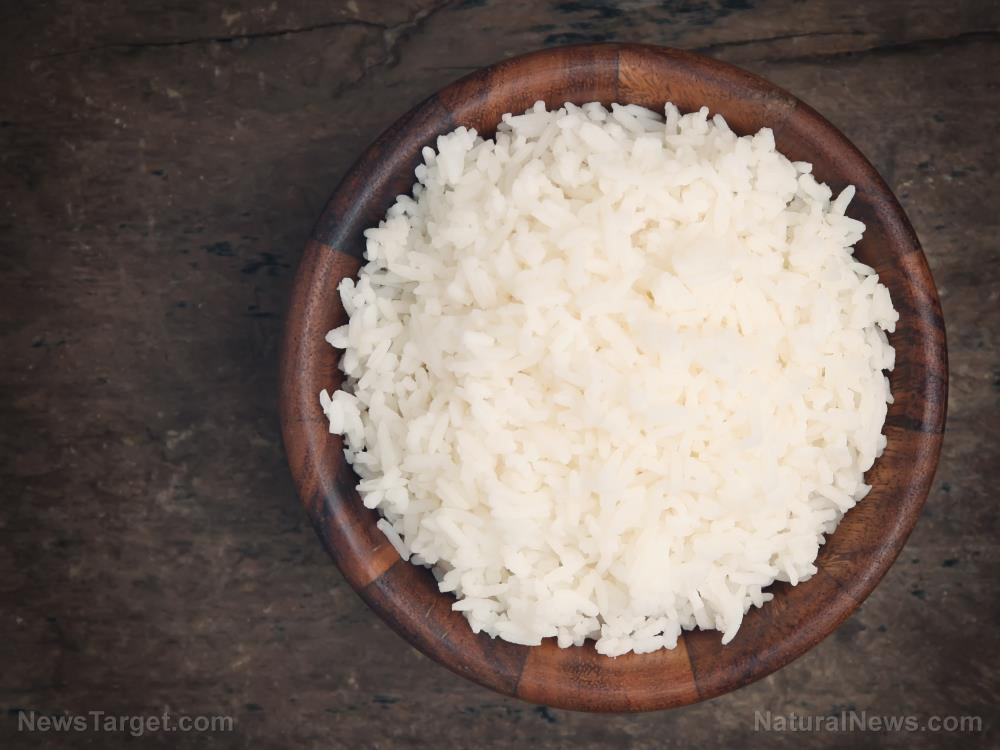Canada’s grocery retail giants push back against accusations of price inflation, ask Trudeau to examine his policies first
09/22/2023 / By Belle Carter

Canada’s Prime Minister Justin Trudeau demanded major grocers come up with a plan to stabilize prices and if they fail to provide “relief for Canadians” by stabilizing food prices by October 9, they will suffer “big consequences.”
“Large grocery chains are making record profits. Those profits should not be made on the backs of people who are struggling to feed their families,” Trudeau said at the Liberals’ national caucus retreat in London, Ontario last week. He also stated that he expects to hear from the largest grocery chains – Loblaw, Metro, Empire, Walmart, and Costco – by Thanksgiving, and if their plan doesn’t provide real relief for the middle class and people working hard to join it, “then we will take further action, and we are not ruling anything out, including tax measures.”
The Trudeau administration has been accusing the retail giants of profiteering amid high inflation, though executives from the companies denied these allegations before a parliamentary committee studying food inflation earlier this year. They argued that “the grocery chains operate with extremely small profit margins and have minimal influence on inflation.”
In this line, the Retail Council of Canada, which represents Canada’s biggest grocery chains, said that focusing solely on the retail chains will not solve the problem of rising food prices. Instead, it said, the government needs to “look in the mirror” first. According to Karl Littler, the senior vice president of public relations at the council, it is the government’s policies, such as the growing carbon tax, which affects farmers and food distribution, and limiting the use of plastic which keeps food fresh that mainly contribute to the rising prices. “If they don’t look at what’s below the surface and what’s actually driving food prices, then it’s not going to be a very helpful exercise,” Littler said.
Michael von Massow, a food economy professor at the University of Guelph in Ontario pointed out that while it’s easy to blame grocers, there are factors that have been driving food prices up along the whole supply chain, such as the war in Ukraine and extreme weather events. “If they wanted to engage with the food industry broadly to find ways to do (lower prices), maybe they could. But to me, this isn’t the way to go about it,” he said.
Moreover, Anthony Fuchs, the spokesman for Food, Health & Consumer Products of Canada, which represents food producers, said in a statement that both the timing of the announcement and the threat of tax measures were concerning. “We believe that using taxation as a punitive measure on retailers, especially at this time, is not only ill-advised but might have a detrimental ripple effect on the whole food supply chain, including food producers,” added Fuchs, highlighting that the move may lead to unintended consequences.
Meanwhile, in a recent interview with CBC, Minister of Innovation, Science and Industry Francois-Philippe Champagne claimed that during the meeting that was held on September 18, the heads of the chains have “agreed to work” with the federal government to stabilize food prices. He, together with Finance Minister Chrystia Freeland, met with the heads of top groceries in Ottawa on Monday. Freeland stayed only for the first few minutes of the two-hour meeting. “As you would expect, those are difficult discussions but much-needed discussions at a time that Canadians are feeling the high prices of groceries,” Champagne said after the meeting. “I appreciate the constructive nature of the discussions we had. The bottom line is that they agreed to work with the government to stabilize food prices in Canada.”
Champagne sent out invitations last week to the heads of Canada’s grocery giants asking them to come to Ottawa in person to meet with himself and Freeland.
Canadians express discontent with Trudeau’s economic management
Amid the burgeoning food inflation crisis, a recent poll published by Abacus Data on September 14 reflected that if an election were held today, 41 percent of committed voters would vote for Conservatives with the Liberals at only 26 percent, the New Democratic Party (NDP) at 18 percent, and the Greens at four percent. The Bloc Quebecois (BQ) is at 36 percent in Quebec.
Trudeau’s personal image has also worsened. At the moment, 56 percent have a negative impression of the prime minister compared with 27 percent with a positive view for a net favorable score of -29. Since the end of June, his personal numbers have trended down across all key demographic groups most notably among millennials (most of those aged 30 to 44). (Related: Poll: 67% of Canadians feel everything in the country is “broken” under Trudeau.)
Regionally, the Conservatives continue to hold a big lead in Western Canada, including British Columbia. They lead by six in Ontario and by 11 in Atlantic Canada. In Quebec, the BQ has an 8-point lead over the Liberals. The Conservatives also lead across all age groups, both men and women. Interestingly, the Liberals and Conservatives are statistically tied with those with a university degree.
From September 9 to 12, 2023, the Ottawa-based polling and market research firm conducted the said national survey of 2,125 adults exploring several topics related to politics and current events as part of their regular national omnibus surveys. In this survey, they oversampled Nova Scotia to 500 respondents.
Check out FoodInflation.news to read more stories related to soaring food prices all around the world.
Sources for this article include:
Submit a correction >>
Tagged Under:
big government, bubble, Canada, economic riot, finance riot, food collapse, food inflation, food supply, Francois-Philippe Champagne, grocery stores, high prices, hunger, inflation, Justin Trudeau, Liberal Party, market crash, money supply, Price gouging, profiteering, propaganda, Retail Council of Canada, risk, starvation, tax measures
This article may contain statements that reflect the opinion of the author
RECENT NEWS & ARTICLES
FoodRationing.news is a fact-based public education website published by FoodRationing News Features, LLC.
All content copyright © 2021 by FoodRationing News Features, LLC.
Contact Us with Tips or Corrections
All trademarks, registered trademarks and servicemarks mentioned on this site are the property of their respective owners.




